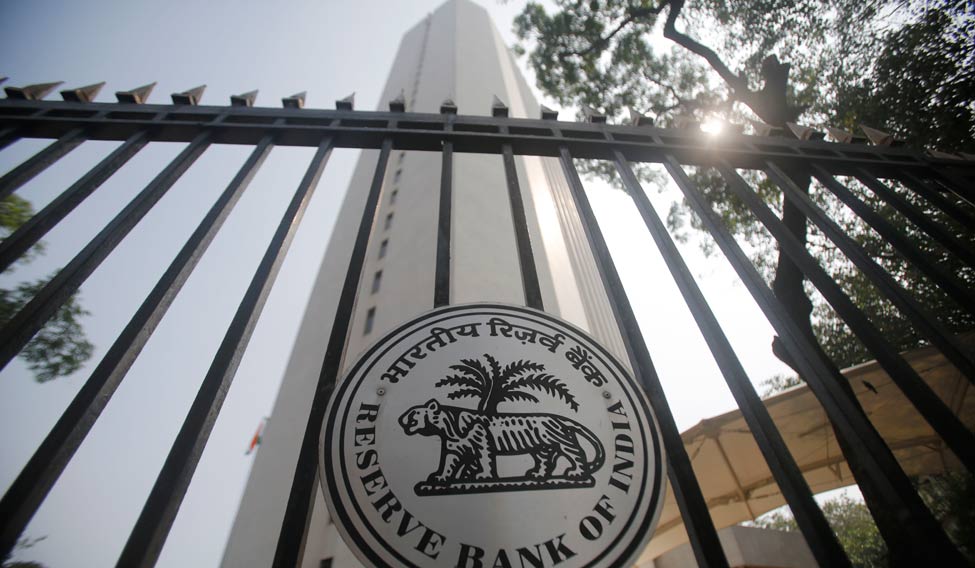The government has made a major change in decision-making at the central bank.
Putting an end to the practice of the Reserve Bank of India (RBI) governor alone being the sole supreme authority in framing monetary policies, the government has introduced a collective decision-making system.
Now onwards, important decisions, such as on the lending rate, will be taken by the new Monetary Policy Committee (MPC) on the basis of majority opinion in the committee. The government has nominated to the Committee three experts with total functional freedom for a period of four years. The RBI governor can preside over the meeting, and can cast a vote to break a tie, but will not hold a veto power to overrule the six-member panel's majority decision.
Earlier, as the sole authority, the RBI governor could choose to accept or ignore the advice of a technical committee in the RBI without giving any reason whatsoever.
This is the biggest change in the RBI since its foundation in 1935.
The governemt has nominates to the MPC the following experts: Chetan Ghate, associate professor of Economics at the Indian Statistical Institute; Pami Dua, director of Delhi School of Economics; and Ravindra H. Dholakia, professor of Economics at the Indian Institute of management, Ahmedabad. They will join RBI governor Urjit Patel, deputy governor-in-charge R Gandhi and executive director M D Patra the MPC. Gandhi and Patra were nominated by the RBI board.
The first ever interest-rate review by the panel, aiming to contain inflation between 2 per cent and 6 per cent, is scheduled for October 4. Discussions at the MPC will be recorded and made part of public document.
The policy decisions of the former RBI governor Raghuram Rajan had been criticised by BJP leaders for being too hawkish. Factors like the monsoon rains that have huge impact on inflation are beyond the control of RBI. Here the wisdom of a panel with external expertise can help formulate prudent monetary polices.
The panel can also help avert or lesson conflict between the RBI and the finance ministry.
Constituting a monetary policy group was among the original recommendations made by Rajan and Patel. A panel under the RBI, accountable to the public, can improve transparency in monetary policy making.
This change has been welcomed by the financial circles. In this era of globalisation, India's central bank needs a rate-setting body similar to those in the Bank of England or the US Federal Reserve.





